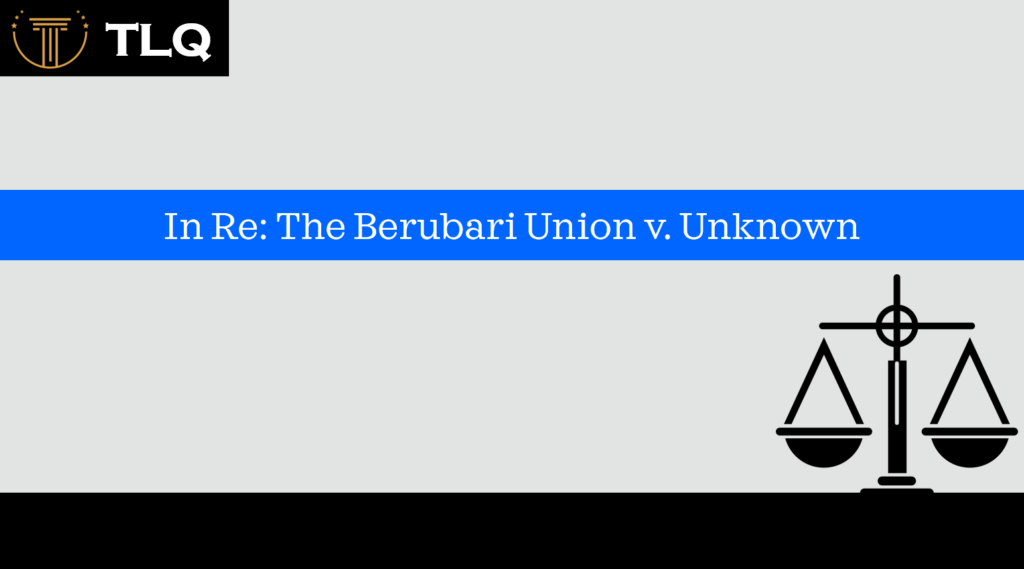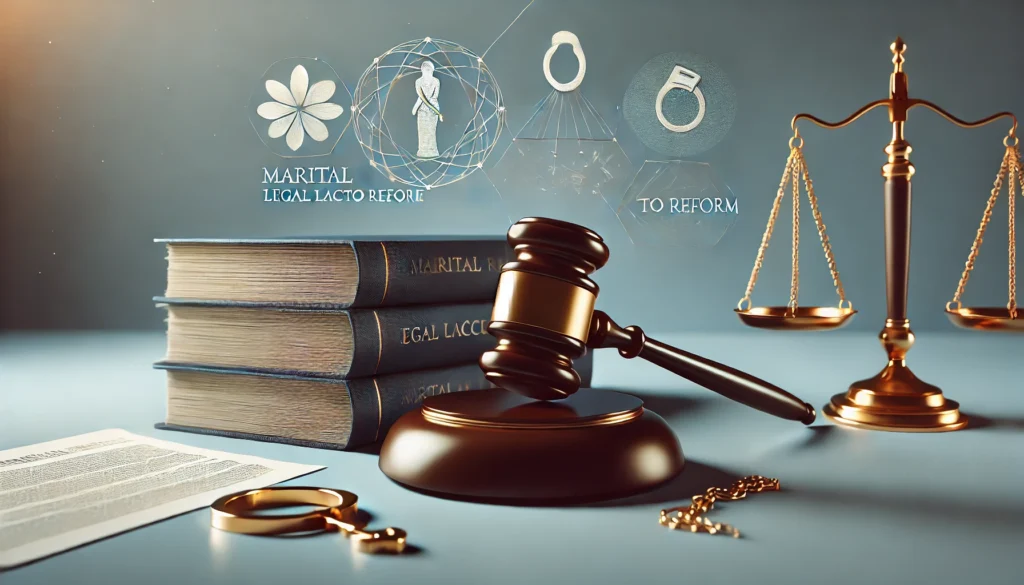Published On: 28th April, 2024

Authored By: Shreya Narayan
INTRODUCTION:
Alternative Dispute Resolution (ADR) refers to any means of settling a dispute outside the court room. The increasing number of disputes and cases in Indian courts lead to high demand in ADR as both parties in a dispute are satisfied and the burden of cases on Indian court becomes less.
In the legal field, mediation is a type of alternative conflict resolution that is growing more popular. It is a decision-making process where the parties are supported by a third party, the mediator, who tries to enhance the decision-making process and support the parties in reaching a solution that satisfies both. The confidentiality of mediation is widely acknowledged. However, complete privacy does not always translate into better access to the legal system.
THE CONCEPT OF MEDIATION:
Section 3(h) of The Mediation Act 2023[1] defines mediation. Further, with the aid of a third party known as a mediator—who is not authorized to force a settlement on the parties to the dispute— mediation is the process by which parties try to resolve their disagreement amicably. When defining “mediation,” the clause mentions and incorporates pre-litigation mediation, internet mediation, community mediation, conciliation, or a comparable term.
Section 3(i) of The Mediation Act 20233 defines mediator. In layman terms, a mediator is a
person with common sense, perseverance, and patience. A mediator is equipped with a wide range of human dynamics skills, negotiating strategies, and abilities to listen, articulate, and reiterate information clearly. The mediator is only a facilitator; they are unable to settle the dispute. As the mediator guides the parties through the process, they will design the resolution.
It is evident today that the mediator’s role is crucial and that he learns about the parties’ concerns. There may be private and secret matters that need to be disclosed to the mediator to resolve the conflict. Now let’s discuss the confidentiality of mediation in detail.
CONFIDENTIALITY IN MEDIATION AND ITS NEED:
The first need is that the disputing parties feel comfortable enough to address their issue openly and completely to reach a mutually agreeable resolution. It is also important that they have confidence that anything they say or think throughout the process won’t be sullied and used against them in public or later. Consequently, it is necessary to bind the disputing parties, as well as any additional parties they may bring to the proceedings, and the impartial third party (mediator/arbitrator) to keep whatever communicated during the procedures confidential.
Section 22 of the Mediation Act 2023[2] talks about confidentiality in the mediation process. It states that various components of the mediation process, such as statements, proposals, papers, and any other correspondence exchanged during the mediation, must be kept secret by the mediator, the mediation service provider, and the parties involved. Furthermore, to maintain confidentiality, it is not permitted to record mediation sessions on audio or video. Crucially, anything discussed in mediation cannot be admitted into evidence in arbitration, court, or any other legal procedure. This gives the parties more protection under the “without prejudice privilege” and encourages them to have open talks in the hopes of reaching a mutually agreeable resolution.
Unlike court procedures, mediation takes place in secret, protecting the parties’ confidentiality. Even in cases when a settlement is achieved, the mediator maintains the confidentiality of all information exchanged during mediation sessions. Confidentiality is also demanded of the parties. Confidentiality is a top priority for mediation institutions connected to courts, such as those in Delhi. The value of secrecy in mediation is emphasized by the courts. Even without official support, mediation is by its very nature private.[3]
CAN THE COURT ACCESS MEDIATION CONFIDENTIALITY AGREEMENTS?
In the case of Moti Ram & Anr. v. Ashok Kumar & Anr6 the Supreme Court of India sent the case to a mediation center to mediate the parties’ disagreement. The parties’ different settlement offers were included in a report that the Mediator later presented to the court, among other things. The Supreme Court emphasized that mediation procedures are entirely secret consequently. It said that if the mediation is successful, the mediator shall submit the parties’ signed settlement agreement to the court without disclosing anything that happened during the mediation process. If mediation is not effective, the mediator should just say so. The Supreme Court held that the secrecy of a mediation process is destroyed by any revelation of the proceedings.
CONCLUSION:
Maintaining confidentiality during mediation talks is essential for building confidence. Even if a deal is struck, the mediator and the parties are required to maintain the confidentiality of all information. Even though this may not be explicitly supported by law, courts recognize its significance. This secrecy extends to court-related mediation as well. In the end, maintaining confidentiality during mediation fosters open conversation and increases trust, which improves results for all parties.
Reference(s):
[1] Section 3 of the Mediation Act 2023, https://ibclaw.in/section-3-of-mediation-act-2023-definitions/ 3 Supra.
[2] Section 22 of the Mediation Act 2023, https://ibclaw.in/section-22-of-mediation-act-2023-confidentiality/
[3] Section 75 of Arbitration and Conciliation Act 1996, https://www.indiacode.nic.in/show-data?actid=AC_CEN_3_46_00004_199626_1517807323919§ionId=24579§ionno=75&orderno=94 6 Moti Ram Tr. LRs and Anr. v. Ashok Kumar and Anr. (2011) 1 SCC 466





